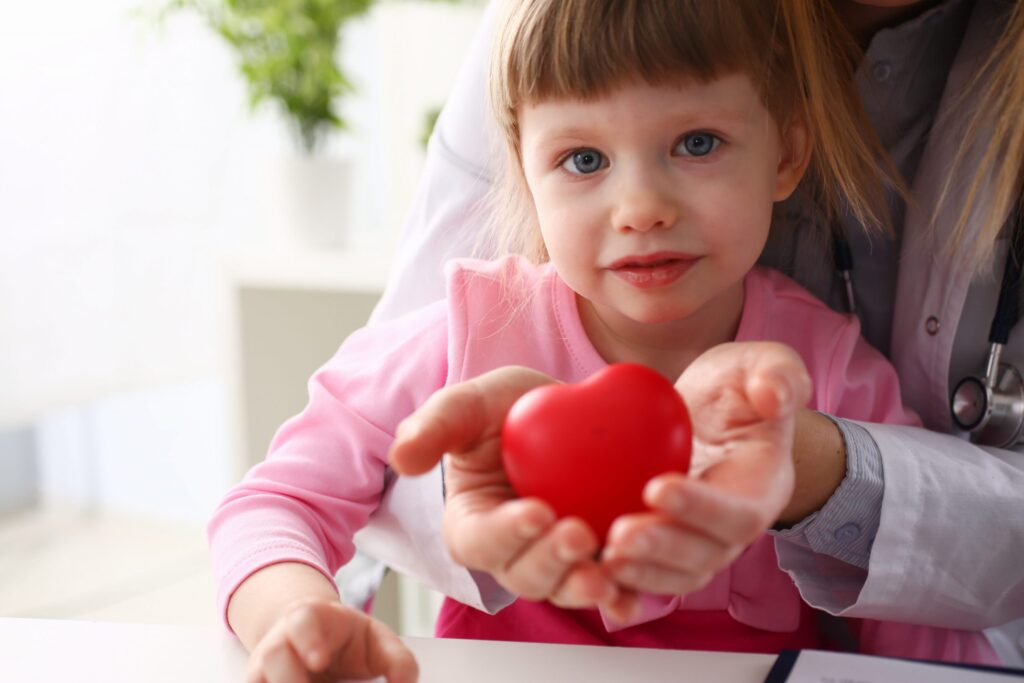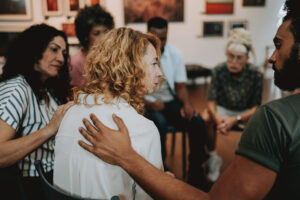For many families, the journey to a diagnosis can be a long and difficult one.
There may be many obstacles along the way, including:
- Lack of access to the right medical attention, specialists, and care.
- Lack of access to the right information about the possible genetic syndrome or rare disease the family faces.
- The possibility of misdiagnosis.
- Being stranded in a diagnostic journey, unsure of where and how to access the right information or medical specialists and testing to reach a diagnosis.
- Lack of support as the family navigates a new reality and future.
Ensuring families have access to the right medical care is, of course, essential. But equally important is that families are supported through their diagnostic journey, or in some cases their diagnostic odyssey, to a diagnosis and beyond by other patients and their families with the same rare genetic syndrome.
Support groups and their networks are a key part of this support. They connect families to other families who have been through similar experiences, and they can educate, inform, and accompany families through a diagnosis and beyond. Many of them are also involved in advocacy work for rare disease patients within the public sphere and strive to create more awareness about specific rare genetic syndromes and the individuals affected by them.
MPS Society:
Providing support for families and patients with MPS (Mucopolysaccharide), Fabry, and related disorders. This UK-based support group was founded in 1982 and aims to further research and treatment into rare genetic syndromes and their symptoms.
National Association for Down Syndrome:
This organization engages in advocacy, research, and support for Down syndrome patients and their families. This US-based association is committed to furthering public policy on Down syndrome and educating both families and the general public about Down syndrome.
Williams Syndrome Association:
This association for Williams syndrome was established in 1982. It provides both day-to-day support for patients and their families, as well as more long-term education, research, and advocacy for the syndrome. They also offer support for specific educational strategies to help Williams syndrome children in school.
Noonan Syndrome Awareness Association:
This Australian-based support group works closely with medical professionals to improve the diagnosis rate while reducing the rate of misdiagnosis for Noonan syndrome families. They support both medical professionals and families in coming to a Noonan syndrome diagnosis and managing the care of those affected with the syndrome.
Connecting patients and their families with the tools and support to ensure they receive a faster, more accurate genetic analysis and diagnosis is essential in improving the outcomes for individuals with a rare disease. Support groups and genetic counselors worldwide are offering crucial and critical services for families, and the public, as they advocate for the needs of rare disease patients.
A professional will enrich one’s understanding of certain rare genetic syndromes including Aarskog-Scott syndrome and others. Booking a session with a genetic counselor will be incredibly beneficial in supporting you and your loved ones in fully understanding the diagnosis and targeting pathways for treatment.



